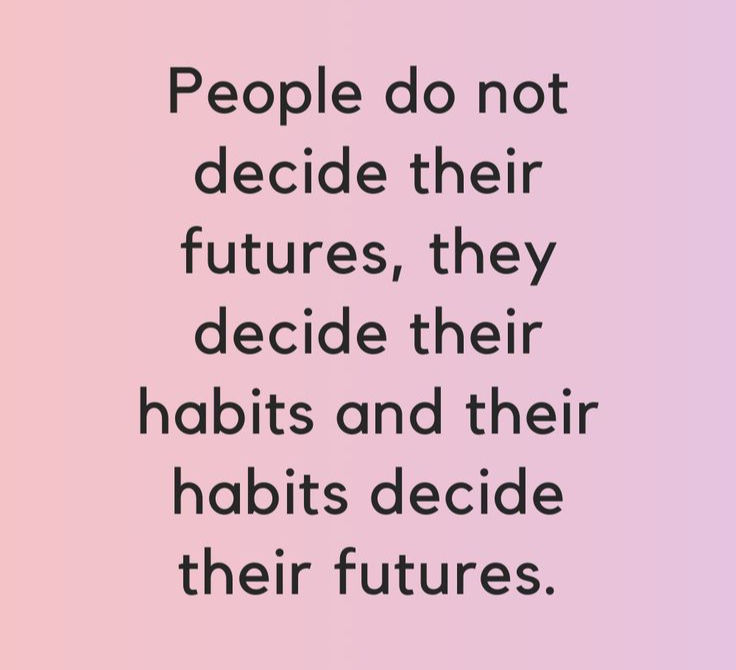Self-care is Eating in Moderation; Not Digging Your Grave with Your Teeth
- Sep 15, 2024
- 3 min read

Prioritizing proper nourishment for our bodies is fundamental to responsible self-care. However, the sad truth is that many of us don’t recognize this connection which means what we’re eating is slowly killing us. Or, as my Aunt used to say, “We're digging our graves with our teeth!”
But, there is hope. By adopting the self-care practice of eating in moderation, we do a better job of nourishing our bodies. Eating in moderation emphasizes quantity, quality, and variety in food choices and offers three key advantages: weight management, lowered risk of chronic ailments, and enhanced overall physical and mental wellness.
Developing a wholesome relationship with food makes it easier to eat in moderation.
Although I didn’t realize at the time, I owe my relationship with food to a long list of people who helped shape it in my early years, and the gifts of Gratitude Journaling for pointing them out and keeping me in a happy place.
I begin my list by thanking my mother for her tasty meals, and for insisting that we gather at the table, give thanks, and enjoy our meals. The table was a somewhat sacred place with few distractions, only quiet conversations (no yelling or foul language), which made mindful eating a routine practice. I’ve since learned that preparing a home-cooked meal is a labor of love a parent's way of saying, “I love you.” Thank you, Mama for teaching me to appreciate and respect meal time!
I thank my grandparents for the flavorful, vibrantly colored nutritious fruits and vegetables from their garden and the opportunity to witness the magic of turning a mustard seed into a field of nutritious mustard greens. The plants always yielded more food than we could eat in a day so I learned the joy of eating in moderation. Thank you, Mama Frankie and Papa Albert for teaching me to color my plate at mealtime.
I’m grateful to local farmers who turned their trucks into mobile produce markets, making their rounds through our neighborhood on Saturday mornings. Little did I realize that they were teaching me to respect everyone involved in the food process, from the point of origin to my plate. Thank you, Farmers!
I owe gratitude to school cafeteria staff who prepared hot lunches that resembled and tasted similar to home-cooked meals. Because of them, I have a newfound appreciation for the dedication and hard labor that went into daily preparing and serving meals to hundreds of hungry students. Thank you, Cafeteria Workers!
But that was decades ago. Today, most of what we consume is processed and mass-produced. Fewer families gather at the table to enjoy meals; eating from boxes and bags is more common. Cafeterias throw away enough food to feed villages of starving children. And. ask a young child where their fries and catsup come from, and they probably can’t tell you.
Little will change in the near future regarding how food is produced. But when it comes to our eating habits, we can change by learning to maintain BALANCE!
Broiled or baked meats instead of fried
Appropriate amounts and portion sizes
Limit salt, sugar, and fat intake
Avoid emotional eating
Natural instead of processed
Consume more fruits, vegetables, and water
Enjoy every bite without distractions
Do you eat a variety of foods? Do you know the nutritional value of the foods you eat? Is food your “go to” when you are stressed?
Need help developing a healthy relationship with food or learning to eat in moderation? I’m here with workshops and one-on-one coaching. Contact me at smallchange@myrtlerussell.com.

(1).png)



Comments